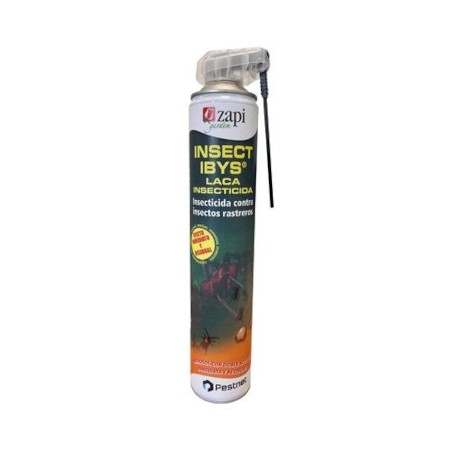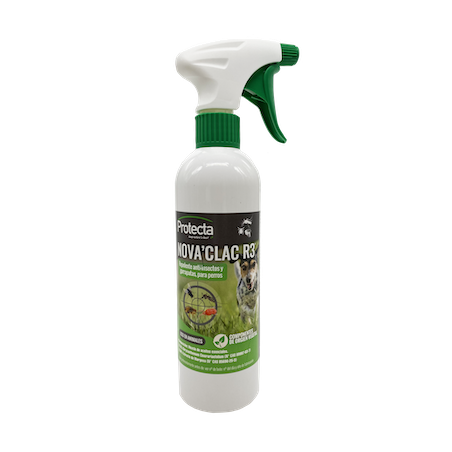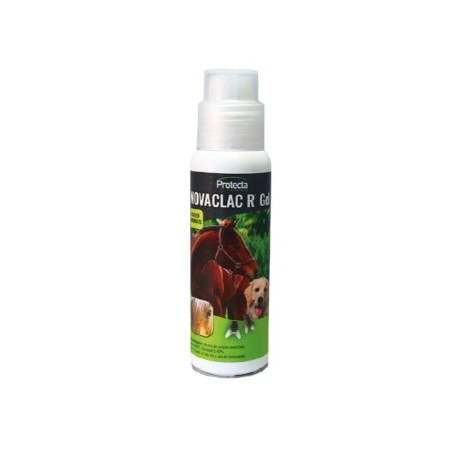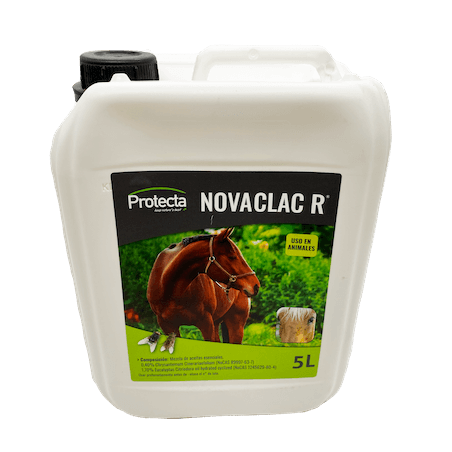
Climatic effects, such as the El Niñio phenomenon or heavy rains influence the distribution of mosquitoes and ticks which play a role in the transmission of what are called vector-borne diseases. Furthermore, the expanding trade of animals and animal products trade induced by globalisation continues to provide risk pathways for the introduction of animal diseases into new territories.

The conclusions of the annual OIE report on the global animal health situation were presented today to the World Assembly of national Delegates. Based on information reported through the World Animal Health Information System (WAHIS) by 191 countries and territories between January 2018 and March 2019*, the report also provides recommendations to countries to help them better anticipate potential threats.
Enhancing countries’ preparedness to address diseases influenced by climatic factors
Climate change can have an impact on the spread of vector-borne diseases in animals and affect animal movements, such as wild birds’ migrations and livestock transhumance. Three vector-borne diseases with a high impact on animal health in 2018 were brought to the attention of Member Countries, with the OIE recommending the following measures to tackle them:
- step up the surveillance and preparedness in high-risk areas during high-risk periods according to the epidemiology of the different diseases, in collaboration with public health authorities. In this regard, the OIE closely works with FAO and WHO through the Global Early Warning System (GLEWS) to coordinate intelligence on outbreaks at the human–animal interface.
- continuously report new outbreaks through WAHIS to allow the implementation of awareness and prevention efforts.
Ensuring transparency of information to prevent the spread of animal diseases through international trade
International trade is known to create risks for the propagation of animal diseases. To manage this risk, it is essential that countries implement OIE international Standards for trade of animals and animal products, including those related to national risk management such as farm-level biosecurity, early warning surveillance systems, and contingency planning. International collaboration and the reporting of outbreaks through WAHIS are also essential to enable countries to implement effective surveillance and control measures and to reach a better understanding of the global situation.
Tuesday May 28, 2019/ OIE.
http://www.oie.int










